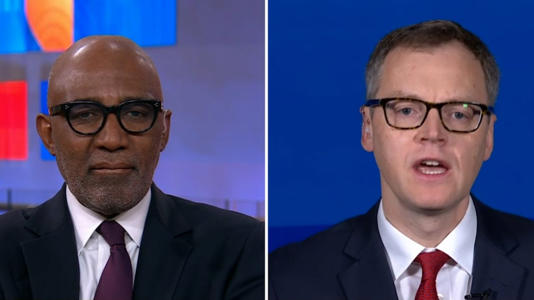- Details
- East Africa
- 694
Illegal migration minister Michael Tomlinson has 'guaranteed' that planes will take off for Rwanda before the next general election.
Mr Tomlinson appeared on Sky News' Sunday Morning with Trevor Phillips, where he was directly asked what the government's plans were.
"I want that to happen as soon as possible, you can sense, I hope, my impatience for that", he said of his hopes for the plans.
However, the minister noted that several bills would have to pass before the first plane would set off. By Sophie Thompson, The Independent






